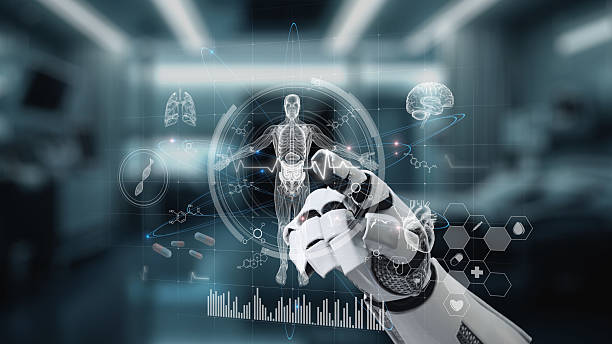Introduction
Artificial General Intelligence 2030 marks a critical milestone in the evolution of AI. Unlike narrow AI systems designed for specific tasks, AGI promises machines capable of human-like reasoning, understanding, and learning across a broad range of subjects. As we approach 2030, AGI is no longer science fiction—it’s a fast-approaching technological breakthrough that may change the way we live, work, and think.
What Is Artificial General Intelligence?
Artificial General Intelligence 2030 refers to the next generation of AI systems that can perform any intellectual task a human can do. It goes beyond specialized algorithms like ChatGPT or image recognition tools. AGI aims to replicate core human abilities such as logic, emotional intelligence, creativity, and even moral reasoning.
A fitting image for this article could include a futuristic digital brain interfacing with a human one.
Image alt text: Artificial General Intelligence 2030 concept illustration

Potential Impacts of AGI by 2030
By 2030, AGI could reshape nearly every major sector:
1. Healthcare Innovation
AGI may assist doctors in diagnosing rare diseases instantly and devising custom treatments based on individual genomes.
2. Global Education Access
AI tutors powered by AGI could offer personalized learning to students worldwide, regardless of their location or background.
3. Scientific Discovery
AGI could rapidly process massive datasets, accelerating breakthroughs in areas like renewable energy and disease eradication.
One well-known organization pushing AGI development is OpenAI. Governments, including the European Union, are also preparing with frameworks like the EU AI Act, ensuring safety and transparency.
Challenges and Ethical Responsibility
The arrival of Artificial General Intelligence 2030 raises important ethical questions. How do we ensure AGI acts in humanity’s best interest? What regulations will be needed? Experts agree that human oversight, transparency, and inclusivity in AI
Conclusion
As the journey toward Artificial General Intelligence 2030 continues, we’re witnessing the birth of a new digital era. AGI has the potential to revolutionize healthcare, education, innovation, and daily life—but only if guided by thoughtful regulation and human-centered design.
Stay informed by following our blog for more updates on AGI, ethical tech, and AI trends that matter.
